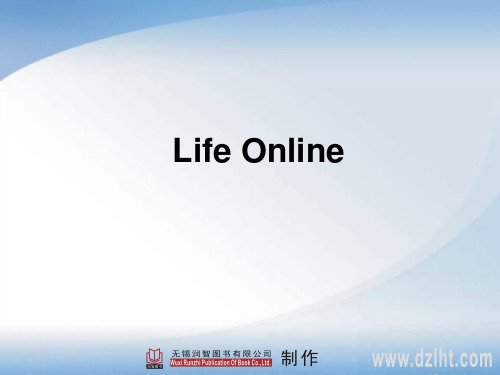notice, feel 等。如:
I saw him put the key into the keyhole, turn it and open the door. 我看见她把钥匙插进锁孔,转动钥匙,然后打开了门。
She was seen to go into the classroom. 有人看见她进了教室。
The heavy shower delayed their schedule.暴雨推迟了他们的计划。
A heavy smoker is subject to heart disease.烟瘾极大的人容易患心脏病。 I’m a heavy sleeper. 我睡觉睡得很死。
This book makes heavy reading. 这本书读起来枯燥乏味。
业。
③若表示"花费(时间、金钱等)做某事",则常用句型spend some money / some time (in) doing sth.,此时第二个动词要用动词-ing形式,介词in可以省略。例如: 另外,spend也有"度过"的意思。例如: They want to spend their summer holiday in the country.他们想去乡下过暑假
Loud music makes me uncomfortable. 吵闹的音乐使我不舒服。
The teacher tried his best to make himself a good friend of his pupils. 那位老师尽力使自己成为学生的好朋友。
②make 作及物动词时,还可以解释为“使、让”,在主动语态中其后要跟
latest
CD of Jay Chou.





